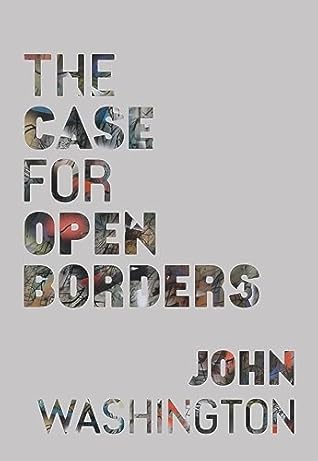The king’s demarcation of the border was one of the principal but often-overlooked sparks of the Revolutionary War: the colonists’ desire—their “destiny”—to push west and fill the land with white people (“populate or perish”)—their refusal to be hemmed in, to be beholden to any border. Indeed, one of the charges against the British in the Declaration of Independence was that the king was restricting immigration: “He has endeavored to prevent the population of these States; for that purpose obstructing the Laws for Naturalization of Foreigners; refusing to pass others to encourage their
...more
This seeming paradox can be untangled once you ask yourself who benefitted from the westward push and who lost? But it also points out something often overlooked by those advocating for open borders. People want open borders when it benefits them and closed borders when it stops benefiting them. The trick is to find out who is benefitting. To the indigenious people who were pushed out by westward expansion, the influx of more Europeans and greater immigration was terrible. To the Europeans it was a good thing. As soon as the Europeans settled and made the land their own, they wanted the border closed. An open border cannot be perpetually open.


